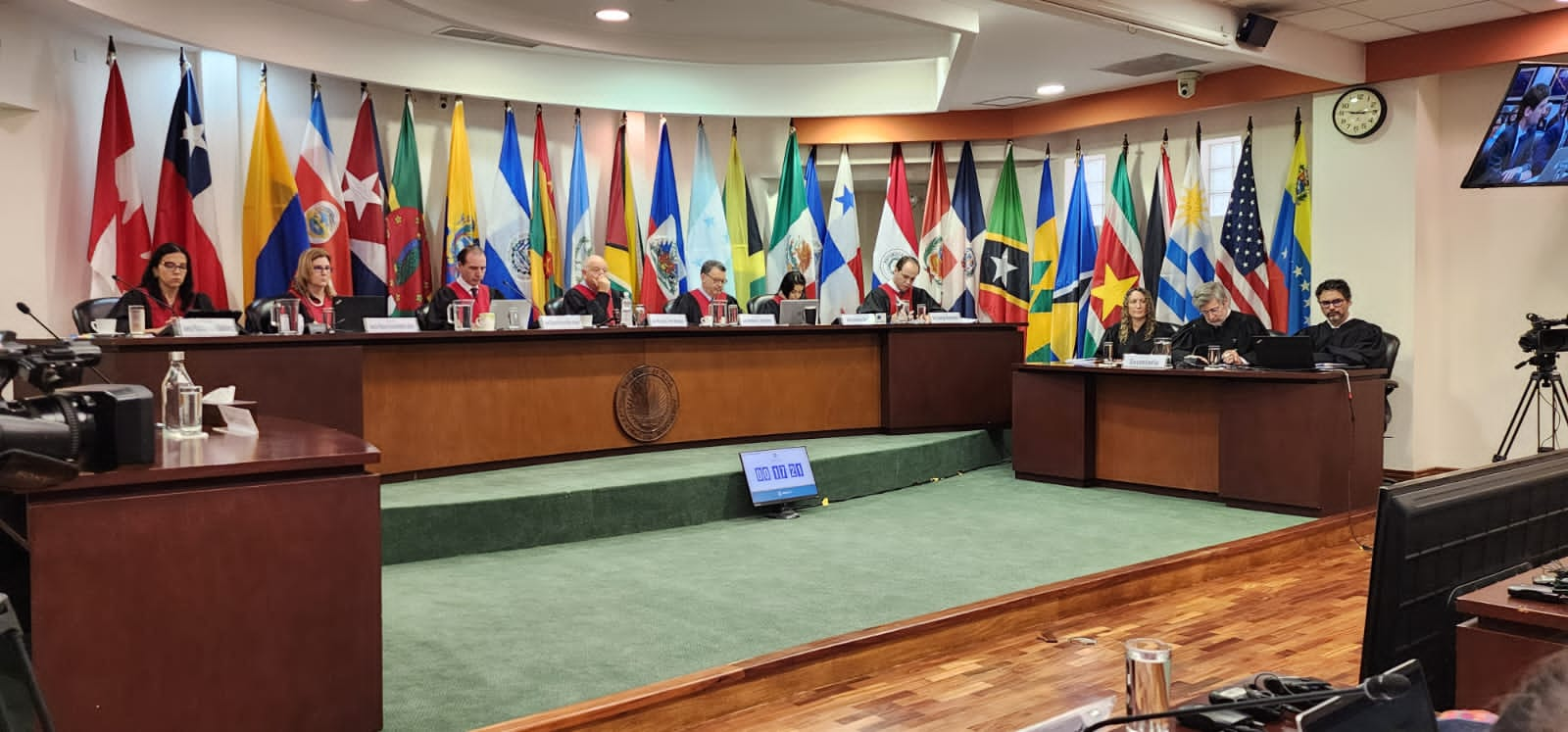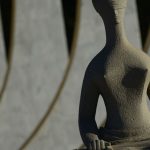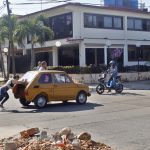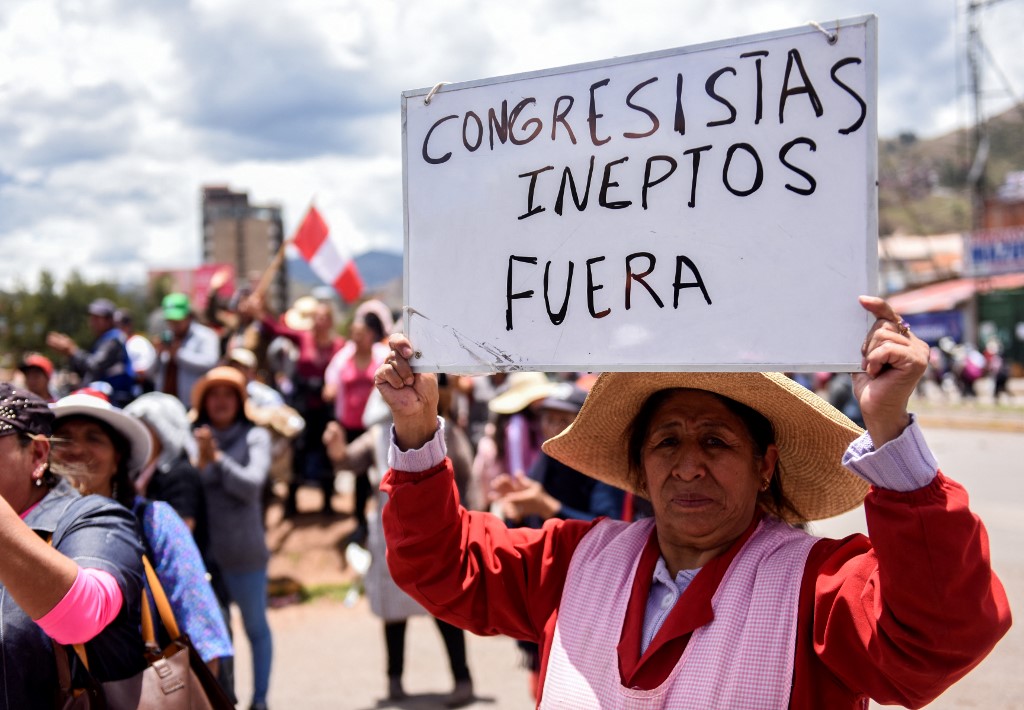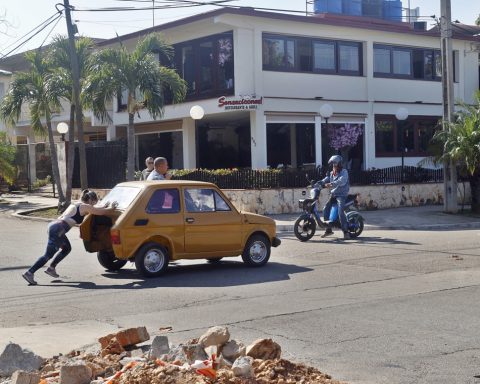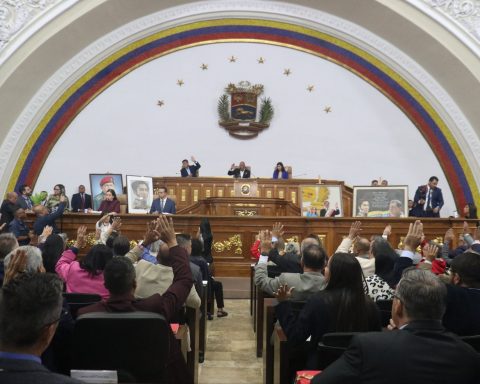The Rama and Kriol peoples and the Black Creole Indigenous Community of Bluefields denounced before the Inter-American Court of Human Rights (IDH-Court) to the Nicaraguan regime for the lack of consultations on Law 800, Law creating the Nicaraguan Interoceanic Grand Canal Authority, and Law 840 that granted the concession for the construction of the mega-project on indigenous and Afro-descendant lands.
The Interoceanic Canal, which only remained on paper, would grant perpetual lease on 263 kilometers in the heart of their ancestral territory. Said laws approved by the Ortega-Murillo regime affected the process of territorial demarcation in indigenous communities, paralyzing the process of regularization in the Nicaraguan Caribbean.
In the public hearing of the Inter-American Court, three victims from said communities declared that the canal concession violates the demarcation process and the Autonomy Law. They indicated that communal lands are “unseizable, unmanageable and indefeasible.”
Related news: Rama and Kriol Territorial Government denounces that the Army treats them in a “hostile and discriminatory” manner
The case against Nicaragua deals with the breach of the international obligations of the State to the self-determination of the peoples by imposing parallel authorities to those legitimately elected by these communities, among other issues.
Pablo Saavedra Alessandri, secretary of the Inter-American Court of Human Rights, reminded the witnesses that the states may not prosecute the alleged victims, witnesses and experts, their representatives or legal advisors, nor exercise reprisals against them and their families because of their statements or their legal defense before that body.
Sanitation “stagnant”
Another of the witnesses was the psychologist Dolene Miller Bacon, adviser to the Bluefields Creole communal government. In his speech, he denounced that he has been the victim of persecution and threats for his defense of human rights and requested that Law 840 be repealed. In addition, that the demarcation process be continued and that the physical integrity of all members of the Afro-descendant communities.
Beky Urbina, a member of the Rama y Kriol people, stated that the regularization process, the fifth step in the process of titling indigenous lands, is “stagnant and shelved” because there is no will on the part of the State of Nicaragua in the execution of said process.
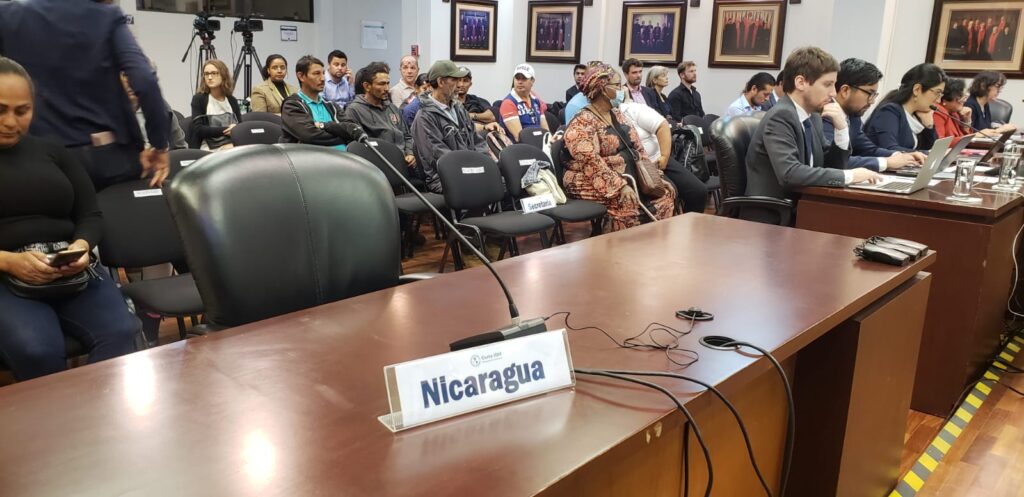
Urbina explained that the sanitation is paralyzed because there is an interest on the part of the Government of Daniel Ortega and Rosario Murillo to execute the construction of the Grand Interoceanic Canal of Nicaragua and because of partisan policies on the part of the regime.
the invasion of settlers
The witness denounced that close to 80% of the communities are in the hands of settlers and that the indigenous population no longer has access to their own lands due to these invasions. This problem prevents the community members from growing any product, thus affecting food security. She also highlighted the forced displacement to which they are subjected.
The expert witness proposed by the IACHR, Daniel López, director of the Natural Resources Program of the Foundation for Due Process, affirmed that Law 840 is “incompatible” with the Political Constitution of Nicaragua itself because the Magna Carta is much superior, in terms of Latin American average, in terms of recognition of autonomy and self-government.
Law “incompatible” with the Constitution
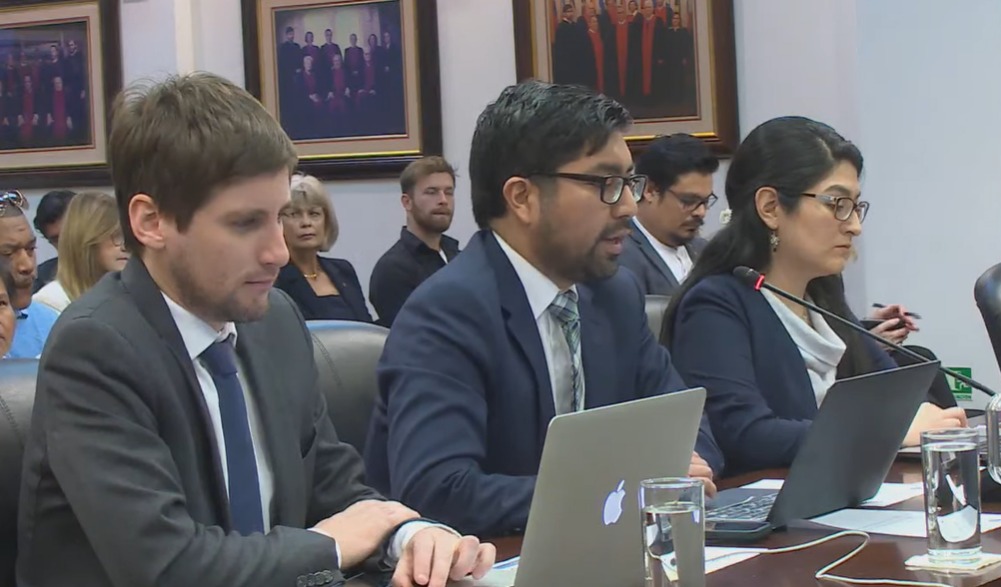
Erick Acuña, lawyer for the Executive Secretariat of the Inter-American Commission on Human Rights (IACHR), regretted the absence of Nicaragua in the entire process for violations of the human rights of the indigenous peoples of the Central American country. He indicated that since 2013 the State refused to recognize the authorities of the Rama and Kriol peoples and promoted parallel governments by recognizing them without having been elected according to their traditional form.
“The IACHR identified that the State breached its duty to clean up. To date there are groups of settlers within their already titled territories. Regarding the Black Creole population of Bluefields, the State failed in its duty to title their traditional territories, to date only a minimal fraction of their claimed lands has been titled,” said Acuña.
It added that the State did not guarantee the right to prior, free and informed consultation regarding the construction of the Grand Interoceanic Canal project. “The State did not comply with the inter-American standards on the matter,” he argued.
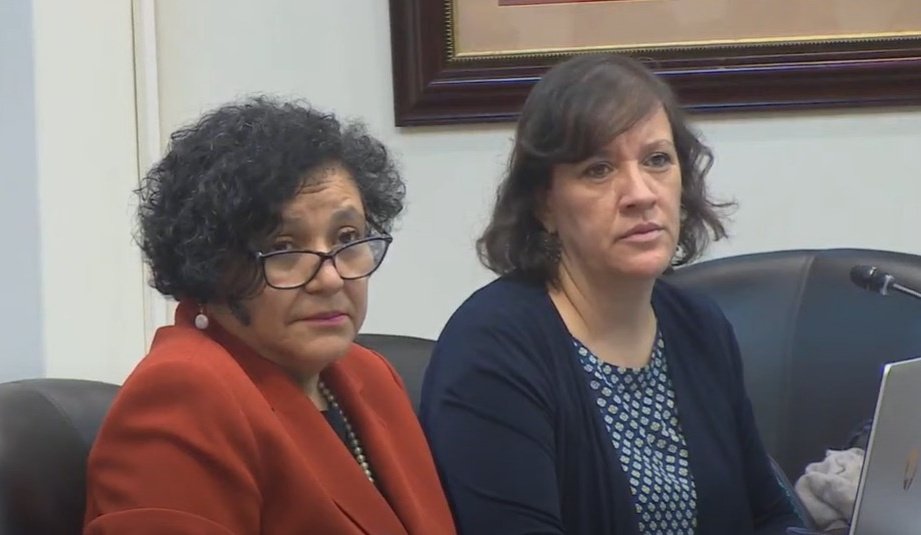
Ruper Allen Clair Duncan, member of the Monkey Point communal government and treasurer of the Rama Kriol territorial government, maintained that the communities were not consulted at any time by the municipal and national authorities, which is why he considers that the Agreement with the Grand Canal Authority does not It is valid if it does not have the endorsement of the assembly members of the nine indigenous and Afro-descendant communities.
The victims are represented before the Inter-American Court by Alejandra Núñez and María Luisa Acosta, coordinator of the Center for Legal Assistance to Indigenous Peoples. The Nicaraguan regime did not accredit any representative in this case, as has happened on other occasions. Nor has it responded to the communications from the continental body. The case was heard at the 155th regular session of the highest inter-American court.
